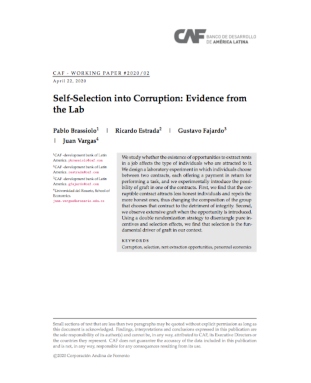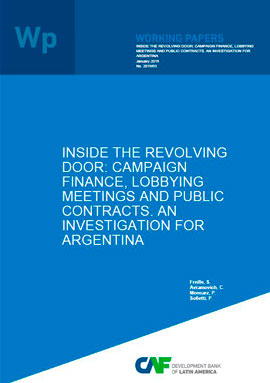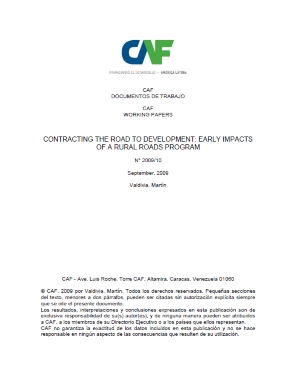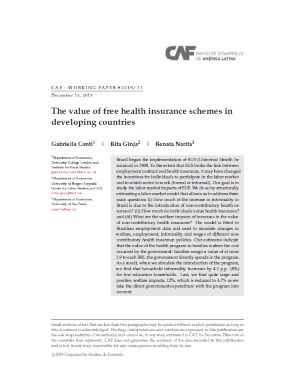Self-Selection into Corruption: Evidence from the Lab
Resumo
We study whether the existence of opportunities to extract rents in a job affects the type of individuals who are attracted to it. We design a laboratory experiment in which individuals choose between two contracts, each offering a payment in return for performing a task, and we experimentally introduce the possibility of graft in one of the contracts. First, we find that the corruptible contract attracts less honest individuals and repels the more honest ones, thus changing the composition of the group that chooses that contract to the detriment of integrity. Second, we observe extensive graft when the opportunity is introduced. Using a double randomization strategy to disentangle pure incentives and selection effects, we find that selection is the fundamental driver of graft in our context.
Assunto
País / Región
Data
2020-04-22Cite esta publicação
Item que pertence à coleção
Items Relacionados
Inside the revolving door: campaign finance, lobbying meetings and public contracts. An investigation for Argentina
This paper explores the relationship between political influence activities by interest groups and benefits obtained in the form of public contracts. ...
Contracting the Road to Development: Early Impacts of a Rural Roads Program
We studied here the early impacts of the Peruvian rural roads program (RRP) that is characterized by the contracting of private local firms for the ...
The Value of Free Health Insurance Schemes in Developing Countries
Brazil began the implementation of SUS (Universal Health Insurance) in 1988. To the extent that SUS broke the link between employment contract and health ...





